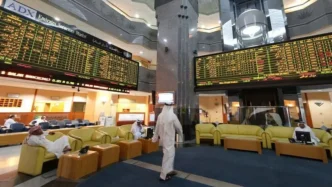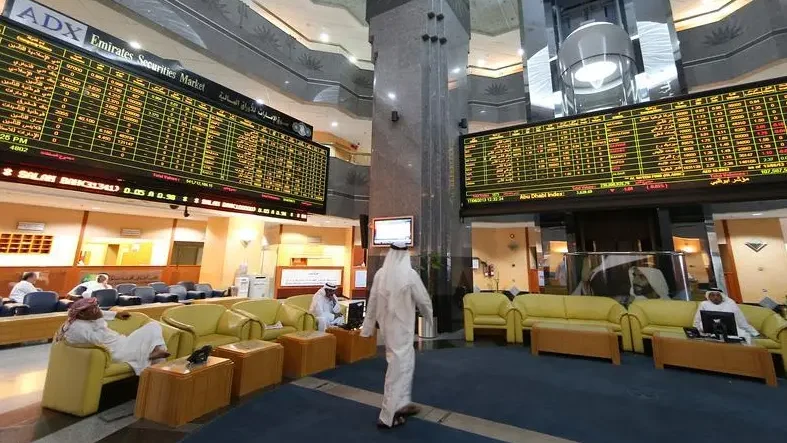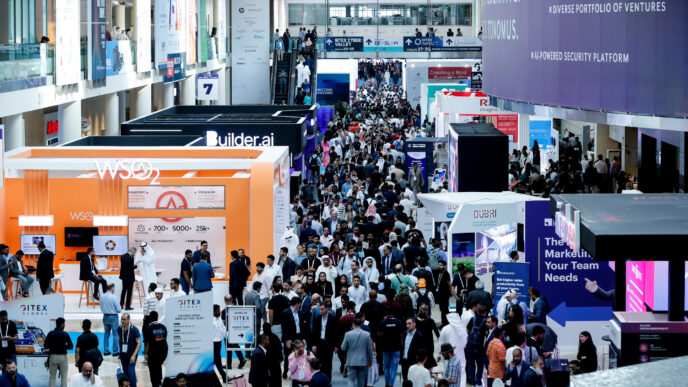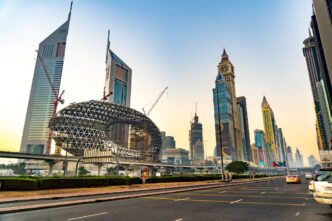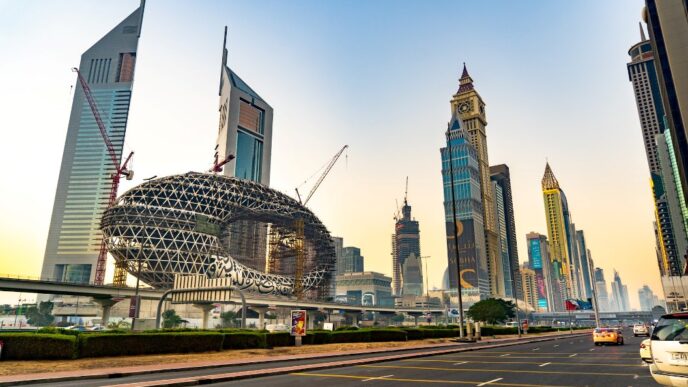As two of the world’s largest economies—the United States and China—continue their prolonged trade war, the United Arab Emirates (UAE) finds itself navigating a complex and shifting global trade environment. Though not a direct participant in the conflict, the UAE, a global logistics hub and a rising economic powerhouse in the Middle East, is feeling the ripple effects of this geopolitical standoff.
A Global Trading Crossroads Under Pressure
The UAE’s strategic position between East and West has long made it a vital node in global trade routes. With world-class ports like Jebel Ali in Dubai and a reputation for free-zone efficiency, the country has benefited from smooth, open trade with both the U.S. and China. However, the fragmentation of global trade norms caused by rising tariffs, export controls, and political distrust is beginning to disrupt this model.
The US-China trade war is not just about tariffs—it’s about economic decoupling, supply chain realignment, and geopolitical rivalry. As Washington pushes to limit Chinese access to key technologies and markets, and Beijing redirects its export strategies and alliances, the UAE must recalibrate its own economic strategies to adapt.
Chinese Investment: A Double-Edged Sword
China is the UAE’s largest trading partner, with bilateral trade surpassing $100 billion in recent years. From infrastructure to 5G development, the Chinese presence in the UAE has grown steadily through initiatives like the Belt and Road Initiative (BRI). Chinese firms are heavily invested in logistics, shipping, and port development across the region.
However, as U.S. pressure intensifies against Chinese companies, especially those involved in sensitive sectors like telecommunications and AI, the UAE risks getting caught in the middle. Washington has already raised concerns about Chinese tech and port infrastructure in the Gulf, including Huawei’s growing presence in the Emirates.
This geopolitical tug-of-war may force the UAE to make tough choices—potentially compromising some of its neutrality to preserve strategic partnerships with both superpowers.
Re-Routed Supply Chains and Re-Export Impacts
The UAE’s position as a re-export hub makes it highly sensitive to shifts in global supply chains. As Chinese goods face higher tariffs and scrutiny in the U.S., Chinese exporters are seeking new routes and partners to bypass trade barriers—often through third-party countries like the UAE.
While this opens short-term opportunities for transshipment and re-export gains, it also poses risks. The U.S. may respond with stricter export compliance and regulatory scrutiny on UAE-based businesses, especially if it’s perceived as a backdoor for restricted Chinese goods.
Moreover, with multinational firms restructuring supply chains to minimize China exposure, the UAE is also seeing shifts in investment patterns. Some logistics and manufacturing deals once flowing through Chinese partners are now being rerouted through India, Vietnam, or even African states, reducing the volume of China-origin goods transiting through the UAE.
Energy Markets and Strategic Uncertainty
The trade war has also affected global oil demand and pricing, indirectly impacting the UAE—a major oil exporter and OPEC member. As trade slows and uncertainty mounts, oil markets react with volatility. Lower demand from industrial sectors in China and rising inflationary pressures globally can weigh on energy prices, impacting the UAE’s fiscal planning.
However, the UAE is working to hedge against these risks by doubling down on economic diversification—boosting sectors like finance, tourism, and digital innovation through its “We the UAE 2031” vision.
Conclusion: A Delicate Balancing Act
As the U.S. and China continue to reshape the global economic order through rivalry and retrenchment, the UAE must walk a fine line. It needs to maintain strong commercial ties with China while preserving its strategic alliance with the United States—especially in defense, energy, and investment.
The trade war is a stark reminder for the UAE that global integration comes with global vulnerabilities. In a world of fractured alliances and redefined trade routes, adaptability, neutrality, and smart diplomacy will be the UAE’s most valuable assets.
Key Takeaway:
The US-China trade war is not just about tariffs—it’s a global realignment. For the UAE, the challenge lies in maintaining its status as a neutral, indispensable trading partner to both powers without becoming collateral damage in the battle for economic supremacy.


